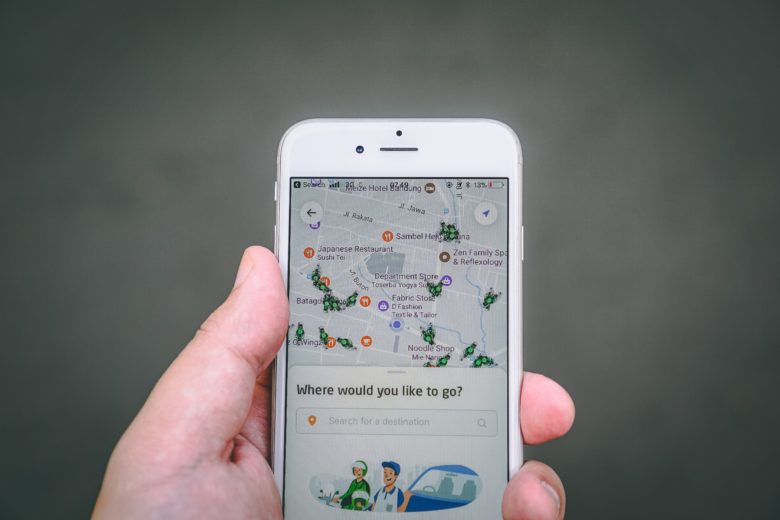Sharing Economy In Bulgaria And The Two Half-Backed Regulation Ideas That Cause Public Discontent

2%
This is how many people in Bulgaria book transportation online. Only 9% are reserving accommodation digitally, show Eurostat data. The popularity of online peer-to-peer bookings in Bulgaria is among the lowest in Europe.
The numbers are not too surprising though, having in mind that services like Uber are not allowed in the country, and Airbnb & Co are undergoing regulations recently. Two new regulation ideas of the ruling party in Bulgaria GERB suggest the trend may continue.
What is it all about: last week a new revision of the Tourism Act obligating owners of short-term-rentals (listed on Airbnb and Booking – ed.n.) to have the approval of at least half of the neighbors living in the building, was proposed. The fine for renting an apartment without having the consent of the neighbors could reach 15K BGN (€7.7K).
This week another idea comes around. There should be fines of up to 10K BGN (€5.1K) and imprisonment for individuals offering public transport services without the corresponding license. The proposed text immediately rose suspicions it was targeted at shared rides. Although it was maybe not meant this way, potentially there could be an effect on the ridesharing too.
Airbnb & Co saga continues
The new proposal that obligates the owners to ask for permission to rent their apartments is the second attempt of the Bulgarian government to regulate the segment since December last year. Last time, the MPs passed a revision saying that the access to platforms like Airbnb and Booking could be banned in case the authorities discover more than two rentals that are not officially registered (read more about this). The law will be soon revised after in December the EU Court ruled that Airbnb is an internet service and estate agent licenses are not required, promised the Minister of Tourism Nikolina Angelkova. Yet, this latest proposal could make turn short-term-renting close to impossible.
“A potential solution is to turn the process around – everyone should be able to rent their apartment but in case there’s a problem of some sort the neighbors should have the right to prohibit this activity,” says Ivan Vassilev from the Bulgarian Startup Association BESCO.
Ridesharing
The law revision affecting transportation services is not communicated well, and not finally approved. As much as the proposals show the MPs and ruling party’s lack of understanding for the sharing economy, they are neither final nor strictly targeting ridesharing. Indeed, the whole proposal consists of three short paragraphs that allow interpretations.
The MPs had proposed a correction in the Penal Code for individuals who offer organized “public transportation services” for the purpose of their own economic gain, without any license or insurance for their “clients”. According to a statement of MP Stanislav Ivanov from GERB, shared rides are seen as a way of sharing costs and not an activity aiming financial gain for one individual. But there’s a catch. This is a verbal statement, only showing that the regulation might not be meant against ridesharing. The written word, however, namely The Road Traffic Act, requires that everyone who transports goods and passengers needs a license. Thus, the revisions of the Panel Code, although not strictly targeted at shared rides, may affect that too, reads the Bulgarian business newspaper Capital. So, to avoid the criminalization of shared riding, the proposed texts will need to be refined in the next weeks before being voted in.




























